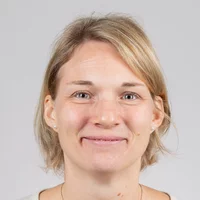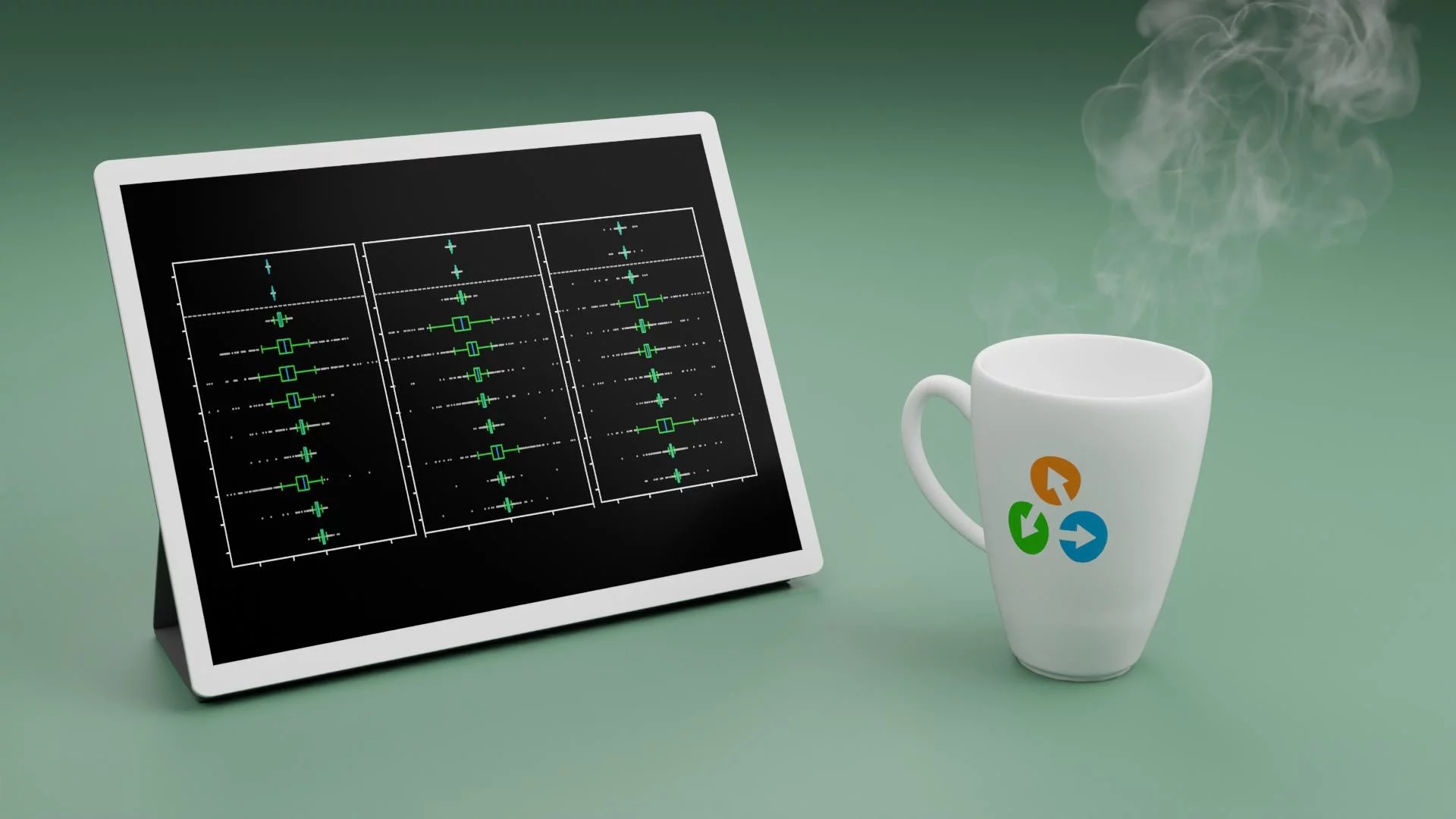A large consortium of scientists, coordinated by PSI scientists, led the most comprehensive verification effort so far on computer codes for materials simulations, providing their colleagues with a reference dataset and a set of guidelines for assessing and improving existing and future codes.
In a new article just published in Nature Reviews Physics, with Dr. Giovanni Pizzi (group leader of the MSD group at PSI) as the corresponding author, a large group of 45 scientists has carried out the most comprehensive verification effort so far on solid-state DFT codes, providing their colleagues with the tools and a set of guidelines for assessing and improving existing and future codes.
The work builds on a previous study published in Science in 2016, that had compared 40 computational approaches by using each one of them to calculate the energies of a test set of 71 crystals, each one corresponding to an element on the periodic table, and concluded that the mainstream codes were in very good agreement with each other.
In this new study, the authors considered all the first 96 elements of the periodic table, and for each of them simulated ten possible crystal structures, resulting is a dataset of 960 materials and their properties, calculated by two independent all-electron DFT codes (FLEUR and WIEN2k). That dataset can now be used by anyone as a benchmark to test the precision of other codes, and has already been used in the study to compare nine widespread DFT codes based on pseudopotentials.
The study was managed via AiiDA, the reproducible workflow engine whose development is coordinated in the MSD group at PSI; the work provides an environment to facilitate further verification studies in a reproducible way thanks to AiiDA.
You can read a longer scientific highlight on the PSI website, or the news article on the NCCR MARVEL website.
Paper reference: Bosoni, E., Beal, L., Bercx, M. et al. How to verify the precision of density-functional-theory implementations via reproducible and universal workflows. Nat Rev Phys (2023). https://doi.org/10.1038/s42254-023-00655-3
Text: adapted from a news article by NCCR MARVEL (Nicola Nosengo) with modifications


